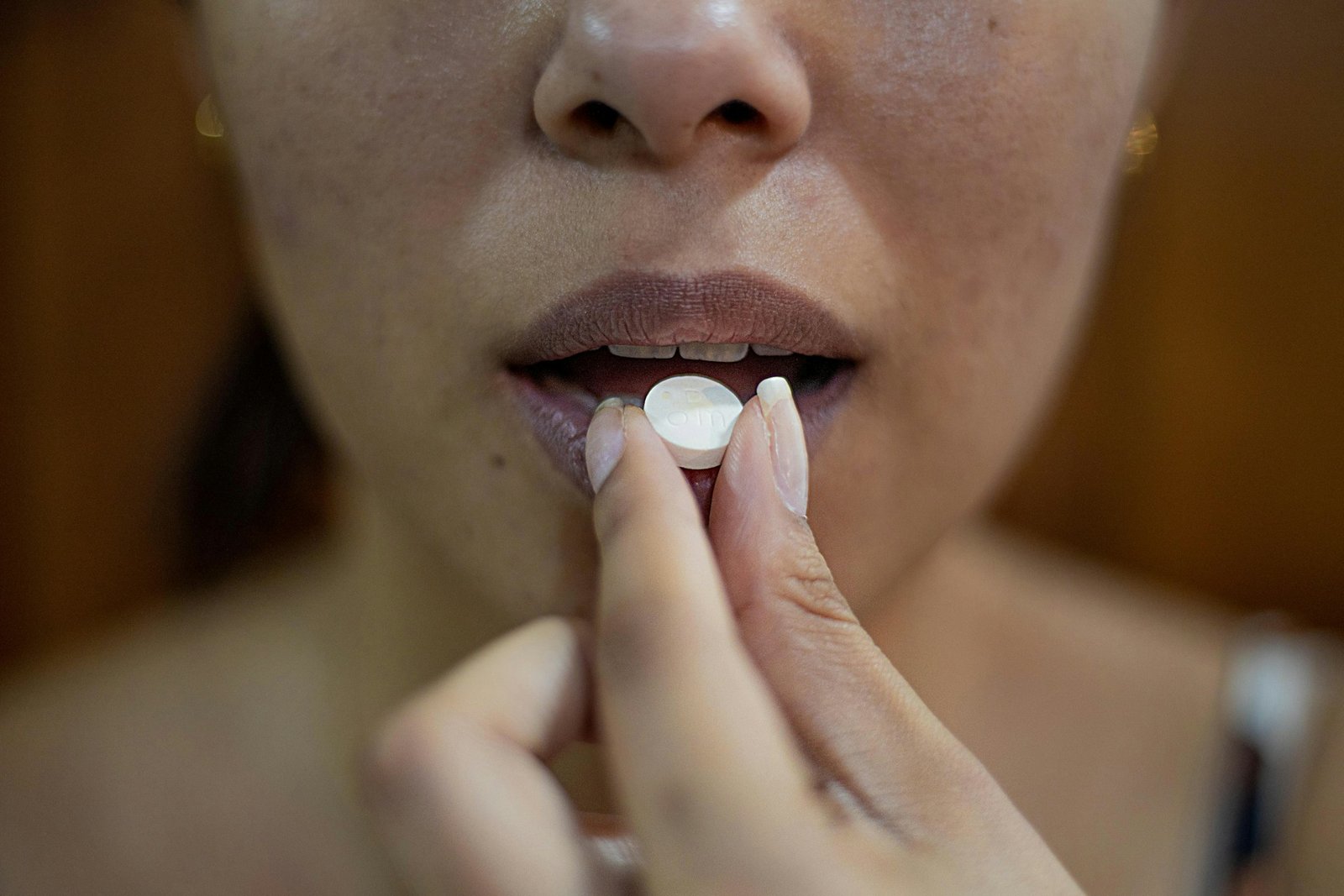Many people struggling with opioid dependence rely on Suboxone for treatment. However, recent discoveries link Suboxone use, particularly the sublingual film version, to an increased risk of tooth decay and other dental problems.
The question is whether patients who suffered Suboxone-induced tooth decay can sue for compensation or not.
In this article, we will explain the legal ramifications of these side effects and what factors determine their eligibility for such lawsuits.
Understanding Suboxone and Its Effects
Suboxone, a medication combining buprenorphine and naloxone, plays a crucial role in opioid dependence treatment. Naloxone, an antagonist, deters misuse by blocking the euphoric effects if Suboxone is crushed and injected. Buprenorphine, a partial opioid agonist, satisfies opioid acceptors in the brain, minimizing cravings and withdrawal signs.
According to the National Library of Medicine, the main drug of Suboxone, Buprenorphine, is a Schedule-3 drug. This means it has a low to modest possibility for physical addiction but a high possibility for emotional dependency. It has been approved by the FDA for curing OUD and chronic pain.
While effective in managing dependence, Suboxone can produce minor complications like headache, vomiting sensation, and constipation. It also has a “ceiling effect,” meaning higher doses won’t intensify its effects but can worsen side effects.
Medical Evidence and Documentation
In lawsuits concerning Suboxone-induced tooth decay, building a strong case hinges on solid medical evidence and documentation. This includes detailed dental records demonstrating the extent of the damage and its timeline. Ideally, these records should pre-date Suboxone treatment to establish a baseline oral health.
According to the Addiction Center, those who have been prescribed Suboxone before June 2022 and had dental problems are eligible to file a lawsuit. If they can prove that their teeth were healthy and strong before taking Suboxone, their case becomes stronger. The dental problems after taking Suboxone include cracks, tooth decay, chipping, pain, or erosion.
A dentist’s testimony is crucial, connecting the pattern of decay to the effects of Suboxone on the mouth, like dry mouth and altered taste. Consulting a medical professional specializing in addiction treatment can further strengthen the case by providing evidence that Suboxone was prescribed and used as directed.
What shall I do if I suspect Suboxone has caused tooth decay?
If you suspect Suboxone has caused tooth decay, schedule a meeting with your dental specialist to discuss your concerns. They can examine your teeth and determine the cause of the decay. In the meantime, be sure to practice good oral hygiene by brushing twice daily, flossing regularly, and rinsing with mouthwash.
Legal Considerations and Eligibility
Eligibility for a Suboxone-induced tooth decay lawsuit hinges on several legal considerations. Firstly, the timeframe of your prescription matters. Lawsuits typically focus on drug use before June 2022. Additionally, you’ll need documented proof of both your Suboxone prescription and the subsequent dental problems. Finally, establishing a lack of prior dental issues strengthens your case.
Even if you suspect Suboxone has damaged your teeth, legal eligibility for a lawsuit isn’t guaranteed. The focus will be on the severity of your dental issues and whether you can demonstrate a lack of prior warning from your doctor. Additionally, each state has a different statute of limitations and rules for filing lawsuits.
If you’re unsure about your eligibility, consult with an attorney specializing in mass torts, specifically those involving Suboxone. Ask him questions like, “Can I still apply for a Suboxone lawsuit” based on the specifics of your case.
According to Trulaw, the Suboxone lawsuit alleges that the manufacturers of Suboxone, Indivor, failed to warn patients and distributors about the risks. They fail to warn about side effects in the form of dental issues, probably leading to criminal and civil liability.

Establishing Causation and Liability
Proving causation and liability in a Suboxone tooth decay lawsuit hinges on two key elements. First, you’ll need to establish a clear connection between Suboxone use and your dental issues. This often involves medical records demonstrating the timeline of your Suboxone treatment coinciding with the onset of decay. Expert testimony from dentists can further solidify this connection.
Secondly, liability revolves around whether the manufacturer, Indivior, failed to provide enough warning about the probability of dental issues. Evidence suggesting they knew or should have known about this side effect but downplayed or omitted it from warnings strengthens the case.
Which groups must probably be held responsible for damages?
In Suboxone tooth decay lawsuits, the focus typically lies on holding the manufacturer, Indivior, liable. The argument hinges on whether they adequately warned about this potential side effect.
Compensation and Damages
If a lawsuit concerning Suboxone-induced tooth decay is fruitful, reimbursement can cover various losses. This primarily focuses on the costs associated with repairing dental damage, including procedures like fillings, crowns, implants, and even dentures in severe cases. Additionally, pain and suffering endured due to the dental problems might be compensable.
According to DrugWatch, in July 2024, there were 677 lawsuits related to Suboxone tooth decay in MDL in the Northern District of Ohio. Till now, there has been no settlement announcement publicly for those with dental issues. It’s crucial to note that each case is unique. The awarded damages will depend on the severity of the dental issues and the associated treatment costs.
How are damages calculated in cases involving dental health issues?
Damages in dental malpractice cases typically add up to medical bills, future dental needs, missed salaries due to procedures, and compensation for discomfort. The severity of the case significantly impacts the final awarded amount.
Legal Process and Steps Involved
The legal process for a Suboxone tooth decay lawsuit can be complex, but here’s a general overview. First, consult with an attorney specializing in mass torts, particularly those involving pharmaceuticals. They can assess your case and determine eligibility. If you proceed, the attorney will gather evidence like medical and dental records and potentially connect you with expert witnesses.
The lawsuit will likely be part of a Multidistrict Litigation (MDL), consolidating numerous cases for efficiency. The pre-trial phase involves discovery, where both sides exchange information. Settlement negotiations might occur here, or the case could proceed to trial, where a judge or jury decides the outcome.
Suboxone and Tooth Decay: Can You Sue for Damages?
Suboxone dependence treatment can be a lifesaver, but recent discoveries link it to increased tooth decay. This article explored the legal landscape for those who suspect Suboxone caused their dental problems. We discussed the importance of medical evidence, legal considerations, and the process of establishing causation and liability.
While compensation can cover dental repair costs and pain and suffering, the legal journey requires consulting specialized attorneys and navigating a complex process. Remember, this article provides a general overview, and consulting with a lawyer is crucial for understanding your specific situation.






